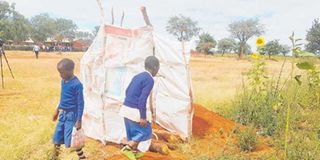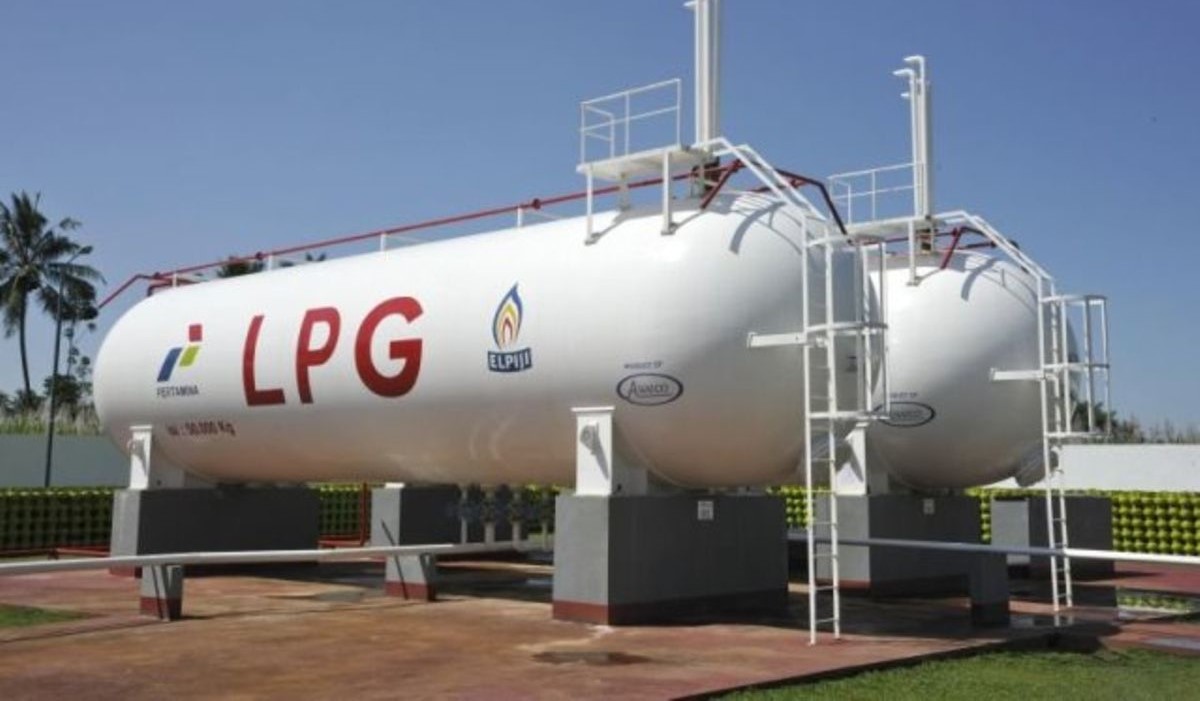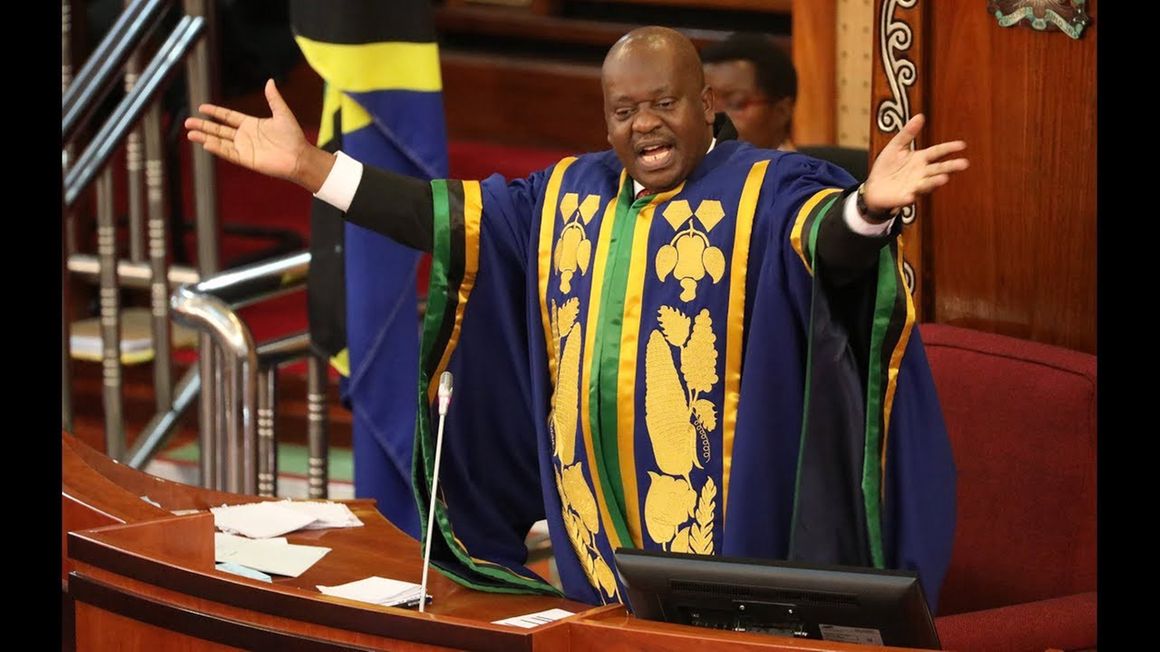Why this district is at the bottom of the pile in education

What you need to know:
- She is among 207 pupils who walk that long distances in Usulwa Ward in Mkalama, Singida.
Mkalama. Chuti Malale, 9, a Standard III pupil, walks 22km to Nyahaa Primary School and back home.
She is among 207 pupils who walk that long distances in Usulwa Ward in Mkalama, Singida.
“I walk about six hours on my way to and from school back home. I wake up early in the morning, but I always arrive at school when classes have started. I arrive home at dusk,” laments Chuti.
Mkalama was Tanzania’s poorest district in Standard VII National Examination results in 2017. Schoolchildren, some younger than Chuti, trek to and from school.
Learning and teaching materials are wanting. Schools are short of teachers and teachers’ houses are inadequate.
Schoolchildren spend hours without food and the participation of parents to address education challenges is poor.
That was noted during this year’s Global Action Week of Education on May 14-19.
Its theme was Collective Accountability for Quality Education for All.
During the week six schools were visited.
Nyahaa Primary School was in 1964 by Catholic Church missionaries.
School head Sylvester Tongori says the school has 559 pupils. Since the majority of them live far away from the school, they arrive late and miss some classes.
School face serious shortages of clean water and latrines. Ikolo pupils walk more than three hours to fetch water.
Ikolo Primary School head Haule Elibariki says pupils have only eight hours of learning and two hours of fetching water for their use.
Ikolo Primary School started in 1972. Now it has 581 pupils. More classrooms are needed. The school has no access to water and latrines are inadequate.
Ukende Wazaeli, 13, a Standard V pupil at Ikolo Primary School, says the water is used only for drinking.
Mwangeza councillor Msengi Simon recalls that since a pump broke down in 2013 Ikolo Village has been experiencing a serious water shortage.
Although plans tackle the water shortage are there Mr Simon says parents and all other stakeholders are not cooperative enough to end the challenge.
Schoolchildren have to carry food from home since schools do not provide the service.
Classes start at 7:30am and end at 4:30pm, and sometimes up to 5:00pm.
Mr Tongori says since challenges are numerous many pupils play truant.
Nyahaa Primary School teacher Thomas Habibu says the shortage of teaching and learning materials contributes to poor performance as on average only two books are available in each class which has more than 80 pupils.
He says parents are not ready to support the school’s plan of providing food as about 70 per cent of pupils come from faraway villages and not all of them can afford to carry food from home.
“There is no food at school. Children walk for about five hours from home without breakfast and when they arrive at school there is no food for them, no enough books, no enough teachers, no enough other leaning materials how can pupils manage to learn,” complains Tongori.
He says the challenges have made it difficult for some pupils unable to read, write and count. As a way of making a positive change to help pupils in 2015 teachers decided to start tuition for 254 pupils who couldn’t read, write and count and until this year only 45 pupils can’t read, write and count.


